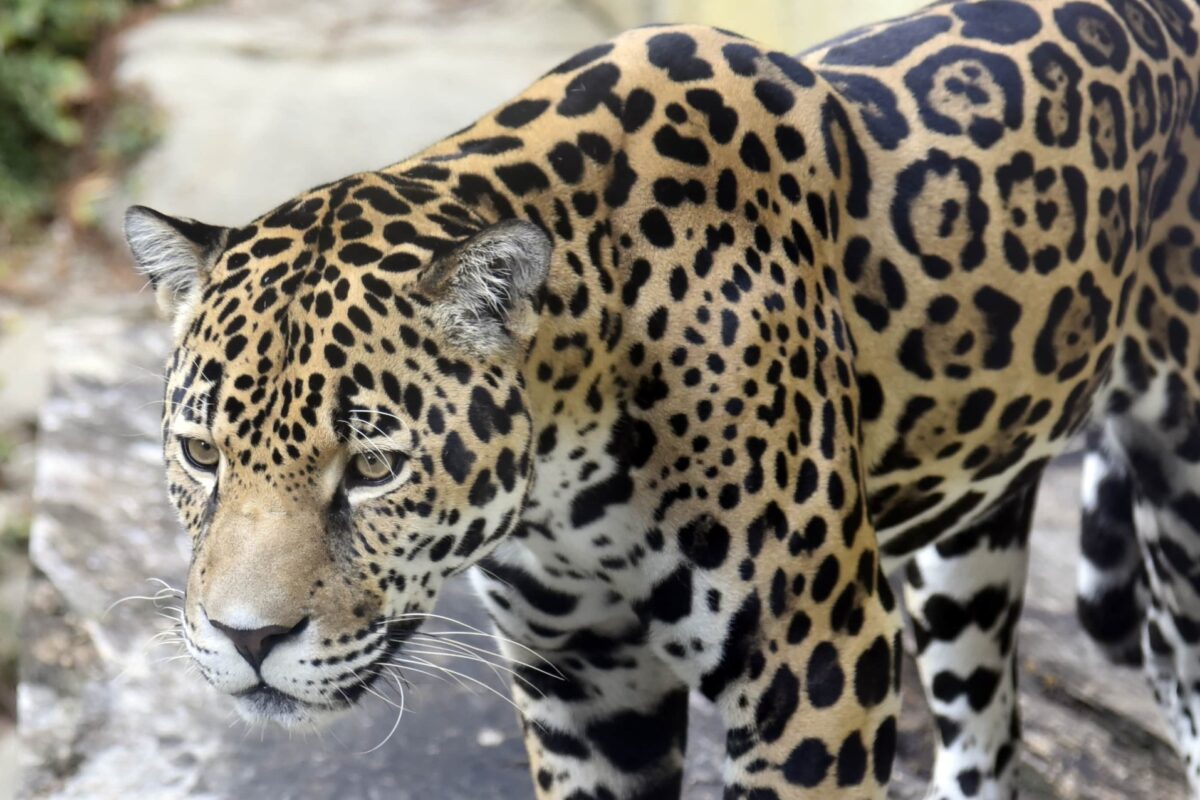Reviewed by: Lacey Muenstermann
Litter cleanups = clean water: See how these Alabama groups make a difference
Reading time: 5 minutes
Sponsored

25,769 pounds of litter. Nearly 13 tons of garbage.
That’s the amount of trash the Black Warrior Riverkeeper (BWRK) and its partners picked up at 27 cleanup sites throughout the 17-county Black Warrior River watershed in 2023.
More importantly, 646 people volunteered to pick up trash—piece by piece—in their community.
In the first installment in our series about how Alabamians can “Think Globally and Act Locally,” we explored how YOU can make the world a little bit greener, healthier and more beautiful by becoming a champion for native plants and trees.
In our second story, we will examine how a group of Waterkeepers and their allies are working with communities across Alabama to keep litter out of our creeks, lakes, rivers and oceans. And, in the process, how they’re developing champions for clean water.
Litter cleanups = clean water

Black Warrior Riverkeeper Executive Director Charles Scribner is passionate about litter cleanups because they not only keep the watershed spotless but also bring communities together for a common cause — clean water.
“The first and most obvious way cleanups help communities and waterways is by removing unsightly and ecologically damaging litter. Additionally, cleanups bring diverse groups of people together for the common goal of helping clean both their water and neighborhoods. Cleanups are often a first step for folks who then participate in other projects with us.”
~ Charles Scribner, Black Warrior Riverkeeper Executive Director
Cleanups = leading by example

One of Black Warrior Riverkeeper’s biggest allies is Birmingham City Councilor Clinton Woods—who represents Birmingham’s Huffman area. From day one, in 2020, when the group made litter cleanups an organizational priority, Councilor Woods has been a champion for clean water and his community.
“For me, it’s important to lead by example when it comes to things like keeping your neighborhood clean. I think when people drive by and see a big group of people who’ve volunteered their time and energy to get out and pick up trash, they start to feel empowered to make a difference themselves.
The Black Warrior Riverkeeper is an outstanding organization and their partnership with these community cleanups has been invaluable. Not only have they helped us clean up tons of trash – literally, tons – we’ve seen so many more people get involved over the years.”
~ Clinton Woods, Birmingham City Councilor
How do you become a BWRk cleanup champion?
Here are two ways you can get involved:
- Click this link to schedule a time for a clean-up and check out the BWRk newsletter: https://blackwarriorriver.org/volunteer-newsletters/
- Schools, businesses, nonprofits and religious organizations can organize a private cleanup by emailing the group’s AmeriCorps member, Mary Allen Murray, at cleanups@blackwarriorriver.org.
Why litter pickups matter

In addition to BWRk efforts, two other Waterkeeper groups in North Alabama and the Mobile Bay are leading cleanups.
Back in 2018, the Tennessee Aquarium released a study about the levels of microplastics in the Tennessee River. The findings were stunning.
Scientists discovered concentrations of microplastics in the Tennessee River were 8,000% higher than those found in Germany’s Rhine River and 80% higher than in China’s Yangtze River.
Upon hearing this news, the Tennessee Riverkeeper organized a legion of volunteers to remove trash and plastics from the river’s watershed.
On March 10th, the group collected nearly a ton of trash (1900+ pounds) from a downtown Huntsville tributary.
“These cleanups are important for water quality because we know that plastic can break down and turn into microplastics, which negatively impacts the water. When National Geographic partnered with the Tennessee Aquarium to study plastic distribution and found alarming levels, the Tennessee River became the poster child for freshwater microplastic projects.
This forced Tennessee Riverkeeper to start fighting plastic a lot harder and start ramping up our cleanup program.”
~ David Whiteside, Tennessee Riverkeeper Executive Director

In the Mobile and Baldwin counties, Mobile Baykeeper organizes cleanups from the Perdido watershed to the state line of Mississippi.
“Cleanups are a great way to get community members to see tangible results on their efforts to care for our waterways. Plastic takes a long time to break down in the environment and ends up wearing down into these microscopic pieces—which eventually contaminate the fish that we eat or the water that we drink.
If you take a blood sample of most people today, they’ll have some form of microplastics in their bodies. Those things can increase the chances of heart attacks or strokes and a host of other health issues.”
~William Strickland, Mobile Baykeeper Executive Director
Both groups encourage people to eliminate single-use plastics. It can be done.
Joining clean-ups across Alabama

In the meantime, cleanups provide a way for people to make a difference in their community.
Interested in joining Tennessee Riverkeeper and Mobile Baykeeper cleanup efforts?
It’s easy. Click on the following links:
Check out some other organized cleanups across Alabama:
- Alabama Coastal Cleanup
- People Against a Littered State
- Renew Our Rivers
- Keep Alabama Beautiful
- Cahaba River Society
Become a champion for clean water and your community
Participating in a litter cleanup is rewarding. In most cases, it only takes a few hours on a Saturday morning, and you get to see the results immediately when you properly dispose of the bags of trash. It is also a great way to connect with your neighbors and people who care about clean water and a more beautiful earth.
Next in the series
In our third and final installment on how to “Think Globally and Act Locally” here in Alabama, we show you how to be a champion for Alabama’s public lands and forests.
Sponsored by:



